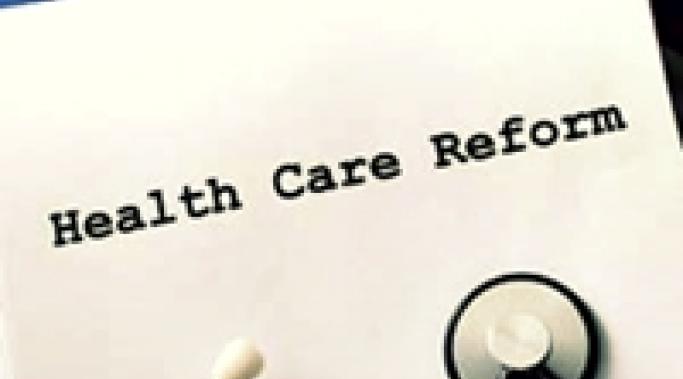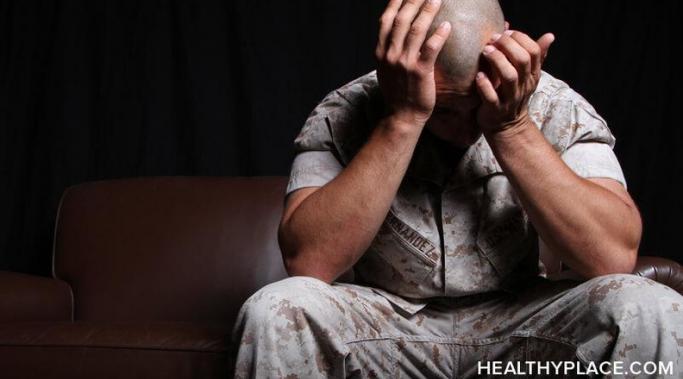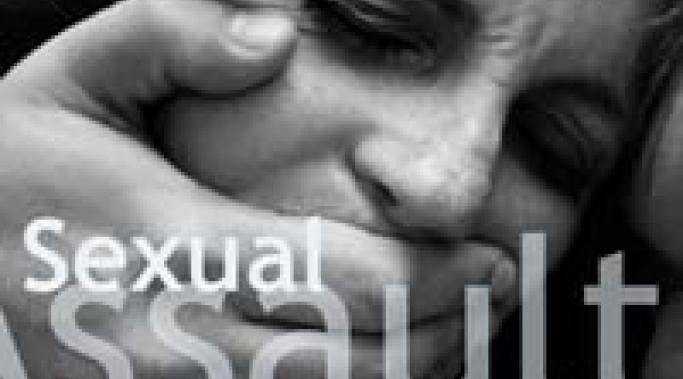The school shooting in Connecticut is a sign that we are way overdue for some adult conversations about mental illness. While Liza Long has started the conversation in her viral piece "I Am Adam Lanza's Mother," not all people with severe mental illness are violent. But she raises a valid question: Is mental illness the problem?
Stigma of BPD
I am an Amy Grant fan, and one of my favorite songs is her version of "Grown-Up Christmas List". If you haven't heard the song, click here. It's okay. I'll wait.
The song makes you think. I, too, have a "Grown-Up Christmas List", with some of it concerning the mental health system.
Recently, I read Harper's Index, and found some disturbing facts. For example, the Department of Defense health care spending is projected to increase by 81 percent over the next two decades. The estimated percentage of its current mental health care budged is 5 percent. Considering that the chance a service member's death is a suicide is 1 in 5 percent, this is inexcusable.
Other facts: one-third of service members are under age 25, but they account for one-half of all military suicides. So how do we prevent these unnecessary deaths?
Veterans Day always leaves me reflective about my short-lived Army career. I enlisted in 2003 as a specialist, but had a nervous breakdown during Basic Combat Training. I was hospitalized pending discharge--and saw firsthand the stigma that mental illness has in the military.
Dear Mr. President:
Congratulations on your recent victory. Now, as you plan the next four years, I'd like to offer a few suggestions on how you can help those of us living with mental illness. Fight for parity in mental health treatment, work to reform the fragmented mental health system, and attack the stigma behind mental illness.
As I write this, I feel a mixture of disappointment, anxiety, betrayal and anger. While I was admitted to the alcoholism treatment center last week for rehab, treatment did not go as planned. Short version: the staff decided my psych symptoms (anxiety and flashbacks) necessitated a trip to the psych ward. They transferred me by ambulance, held on to my medication and property, then decided I no longer met criteria for inpatient admission at their facility after I spent five days on the psych ward.
Sometimes treatment providers screw up. We have to know how to face it when that happens.
Last night, I decided I wanted to get sober. Since I've been drinking heavily the past few days and have had DTs in the past, I went to my treatment team's hospital and told them I was afraid to sober up in an outpatient setting. The crisis counselor and I talked for a while, then she told me they didn't have inpatient treatment for alcohol and drugs. She gave me a one-page list of places that offer substance abuse treatment and sent me home.
Dual diagnosis treatment, at least in Indiana, is hard to find. And that makes a difficult situation almost impossible.
Suicide is one of the most stigmatized topics of a highly stigmatized subject. Quite frankly, we don't talk about it even if we do talk about severe mental illness. This is especially unfortunate for people with borderline personality disorder (BPD), as suicide is sadly common. But the fact that this is National Suicide Prevention Week is a way to start the conversation.
When someone suffers from borderline personality disorder (BPD), he or she needs to beware of the word "masochism". According to Dr. Aphrodite Matsakis' I Can't Get Over It, some people are quick to label a person who has experienced multiple traumas a masochist and interpret their misfortunes as a desire to be miserable. For example, when I was sexually assaulted, I was told I was "maybe not consciously" asking for it.
It's bad enough to be a trauma survivor with symptoms of borderline personality disorder (BPD). However, sometimes people hurt us further when we reach out for help--this is called "secondary wounding".









